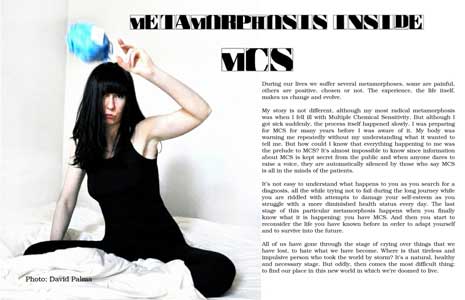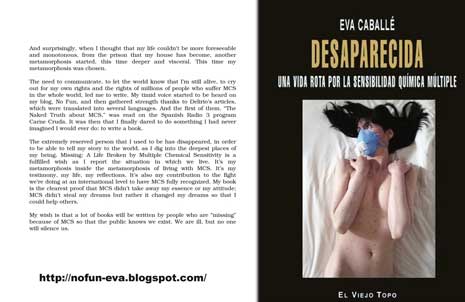Yale: Why BPA leached from ‘safe’ plastics may damage health of female offspring
Yale scientists show how bisphenol A induces epigenetic changes in pregnant mice that cause hormonal imbalance in the later life of female progeny
Here’s more evidence that “safe” plastics are not as safe as once presumed: New research published online in The FASEB Journal suggests that exposure to Bisphenol A (BPA) during pregnancy leads to epigenetic changes that may cause permanent reproduction problems for female offspring. BPA, a common component of plastics used to contain food, is a type of estrogen that is ubiquitous in the environment.
“Exposure to BPA may be harmful during pregnancy; this exposure may permanently affect the fetus,” said Hugh S. Taylor, Ph.D., co-author of the study from Yale University School of Medicine in New Haven, Connecticut. “We need to better identify the effects of environmental contaminants on not just crude measures such as birth defects, but also their effect in causing more subtle developmental errors.”
Taylor and colleagues made this discovery by exposing fetal mice to BPA during pregnancy and examining gene expression and DNA in the uteruses of female fetuses. Results showed that BPA exposure permanently affected the uterus by decreasing regulation of gene expression. These epigenetic changes caused the mice to over-respond to estrogen throughout adulthood, long after the BPA exposure. This suggests that early exposure to BPA genetically “programmed” the uterus to be hyper-responsive to estrogen. Extreme estrogen sensitivity can lead to fertility problems, advanced puberty, altered mammary development and reproductive function, as well as a variety of hormone-related cancers. BPA has been widely used in plastics and other materials. Examples include use in water bottles, baby bottles, epoxy resins used to coat food cans, and dental sealants.
“The BPA baby bottle scare may be only the tip of the iceberg.” said Gerald Weissmann, M.D., Editor-in-Chief of The FASEB Journal. “Remember how diethylstilbestrol (DES) caused birth defects and cancers in young women whose mothers were given such hormones during pregnancy. We’d better watch out for BPA, which seems to carry similar epigenetic risks across the generations. ”
Author: FASEB* – Federation of American Societies for Experimental Biology, Why BPA leached from ‘safe’ plastics may damage health of female offspring, 25-Feb-2010.
-
* FASEB comprises 23 societies with more than 90,000 members, making it the largest coalition of biomedical research associations in the United States






